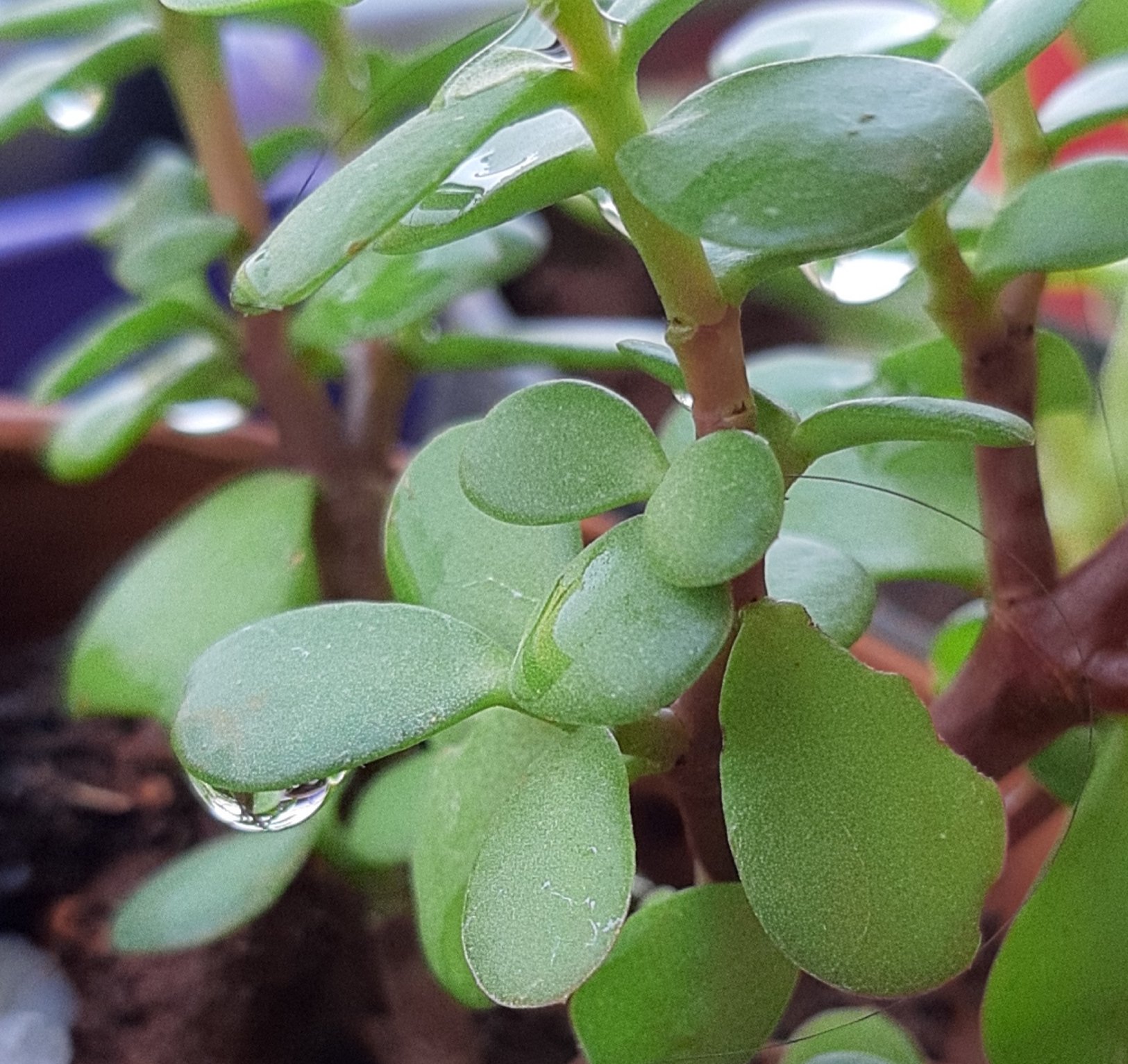Preservation of Natural resources
Mindful consumption
Co-existance is what we need to practice in today’s world which is being deprived of many basic natural resources.
Before we consume even the smallest amount of water,food or for that matter even clothes, Ask every time do I need to…
Cultivate this habit in your kids, this can be one of the best life time gift for them.
Overtime, I have realised that I am taking far more from the universe than I will ever be able to give back.
1.The constant exercise of differentiating between needs and desire has been an eye opener.*
Endeavour is to live responsibly, endeavour is to live with conscience.
For eg:
1. Do I really need the water that is being poured in my glass at the restaurant?*
Will that water not go down the drain (literally) when I leave my table? Am I being fair to those who are walking miles for drinking water and yet what they get is hardly safe enough to consume?
2. Do I really need to wrap that gift by buying ‘free’ gift wrapping paper?
Because that shiny/ non-biodegradable paper is going to be trashed (literally) once the gift is opened?
3. Do I really need to buy gifts when I am not sure if they will be used and needed by the receiver because I want to look good?
Isn’t it wiser to buy fruits or dry-fruits with the same amount of money and with almost certainty that they will be consumed? Or Can the gift of foodies be replaced by gifting a plant?
4. What do I do when I am at buffet?
Do I listen to my stomach or do I fill my plate with everything available (either because its free or because I have paid for it all)?
5. What do I do when the guy at Subway (the foodchain) offers me two forks and four tissue papers when I am going to be eating alone?
Do I return one fork and three tissue papers (or all four, if I carry my own hanky) to him or I just walk away from the counter and throw away unused forks and tissue papers?
6. Just because something is ‘bio-degradable’, should I use it?
Can I even avoid a paper bag or a cloth bag because a tree was chopped to make that paper and earth was subjected to atrocities to create the piece of cloth? Can I ‘reduce’ my consumption even before thinking of ‘reuse’ or ‘recycle’?
7. What happens when I go to eat Thaali?
There are so many things I know I might not eat (for eg katori of Dahi or that Bengali mithai) .. Do I return it immediately so that it can be offered to someone else or do I let it sit on my plate and leave it untouched only to be thrown away later?
8. Do I really need that cotton Kurti because it looks cool?
The fashion industry is far more evil than what meets our eye. From what it does to the environment while growing cotton and jute to how it treats humans to how it treats textiles and garment waste is mind-bogglingly dirty.
9. Do I really need that extra pair of shoes because I don’t have ‘that’ particular shade of orange?
Do I take into account that once processed, footwear is almost impossible to degenerate on face of the earth (including leather)?
10. Do I need to cook elaborate meals when guests visit me?
Can I cook just enough so that everybody including myself can have a great time and no food is wasted (or we don’t continue to eat same food for next three days well after it has lost all its nutrients)
11. Do I need to buy things just because they are in sale and they are cheaper?
Do I need to buy them because there is ‘return policy’? I was reading a case study on how big retail conglomerates dump returned goods in the ocean and its unbelievable how our oceans are constantly being subjected to waste created because of our greed.
12. Am I respectful when I am visiting a tourist destination?
Do I take rules such as ‘keep silence’ ‘do not litter’ seriously enough? Do I allow the place to consume me or my overbearing presence consumes the place?
I have been asking these and such questions for a couple of years now.
What else can I ask?
How else can I live mindfully?

